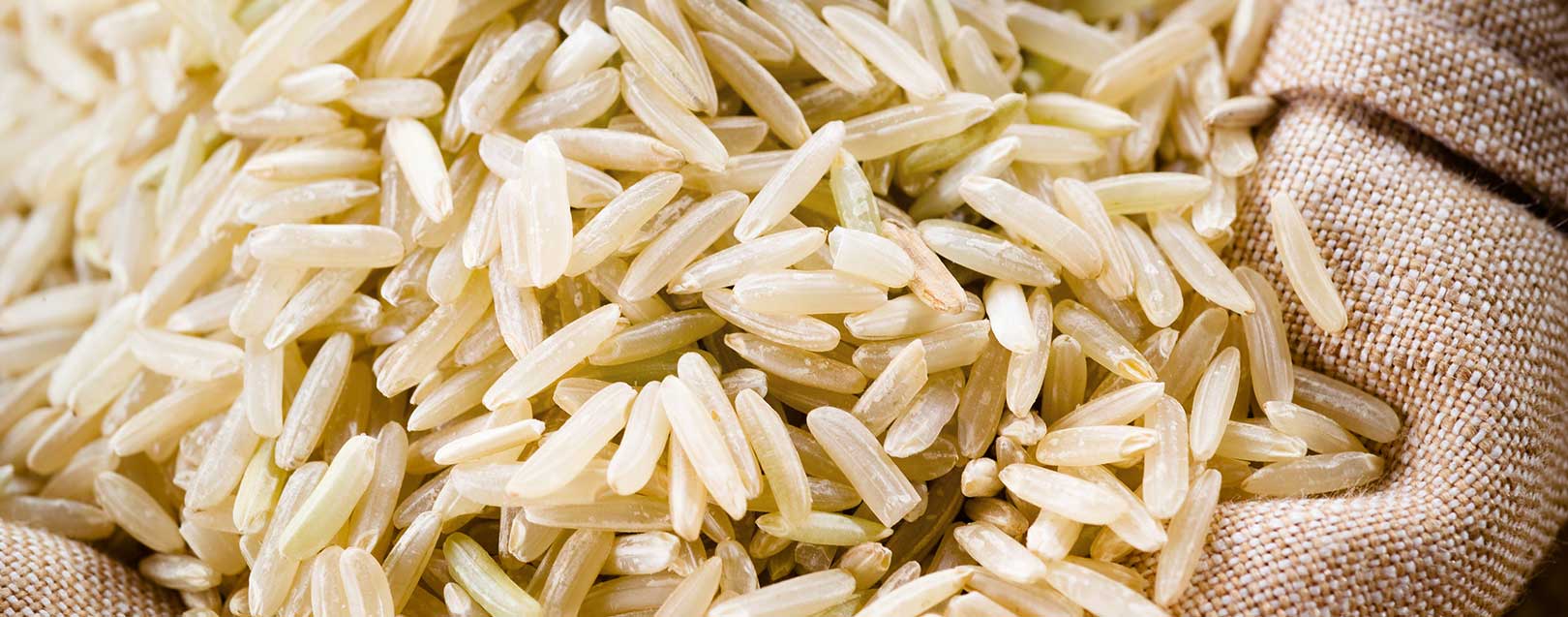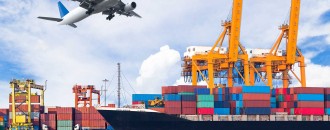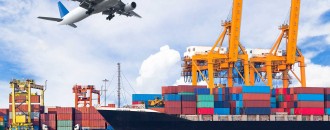
All India Rice Exporters’ Association seeks PM’s intervention to revoke EU ban on basmati rice
The Dollar Business Bureau
India’s widely appreciated basmati rice may face the closed doors of the EU due to the new regulations that EU has imposed on chemical residues, The All India Rice Exporters Association (AIREA) said on Wednesday.
A fungicide named tricyclazole which many farmers use to prevent leaf and neck blast in basmati paddy varieties was banned by EU. For sometime EU had allowed a maximum residue limit (MRL) of 1ppm (parts per million) on the basmati rice that was exported to EU. However, it has issued a notification that residues above 0.01 ppm will not be allowed in the basmati imports after Dec 31, 2017.
Speaking to the media, AIREA President, Vijay Setia said it would not only impact their businesses but also affect the price realisation of about 1.5 million basmati rice growing farmers in India. Presently US and Japan allow basmati rice imports having residues of up to 3ppm and 10ppm respectively.
The Rice Exporters’ Association President added that while many farmers do not use the chemical much, asking them to change their practices may take around 2 years and if the new rules by the EU are not withdrawn, the Indian farmers could stand to lose their business to Pakistan.
Incidentally, basmati rice grown in Pakistan do not need the use of the chemical fungicide that Indian farmers use and hence stand to gain from the ban on the Indian exports.
India exports 4 million tonnes of basmati rice every year which s valued around Rs 22,000 crore. The country exports 350,000 tonnes of basmati to EU which is valued around Rs 1700 crore. The AIREA has appealed to the Prime Minister to intervene and has also engaged in discussions with the Commerce Ministry to find a way out of the issue.
In a statement to the media, AIREA said, ‘Pakistan being the other Basmati rice exporter to the EU would gain all the business that India would lose... the effect of this virtual ban would thus be ruinous.’ According to a PTI release, an Indian government delegation is scheduled to visit Brussels on July 12 in order to discuss the new regulations.






 to success.
to success.